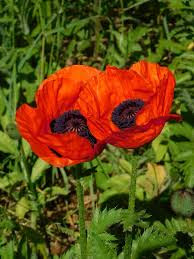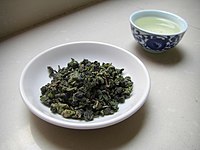We had a coal furnace in our Madison Street house's cellar. It was a major event for us kids when the coal truck came to deliver. It was less fun for my father, who would have to get up during the night to put more coal into the furnace. And when the metal containers were full of ashes, as the eldest child, I was the one to help him carry the ash cans to the car and up to the dump. I can still smell those snowy woolen mittens drying on the clanking and gurgling radiator in the entrance hall.
Slow Burn
The children miss their favorite swimming hole
up at the creek, now autumn’s settled in.
This afternoon, one of Glen Alden’s trucks
has brought a mix of pea and chestnut coal.
They’ll chute it down into our cellar bin—
four tons, just over eighty-seven bucks.
We all watch as the monster dump-box lifts
and tilts. The blue-black slow-burn payload shifts
then rumbles to the dank, dark space below.
Our radiators, working full-time till
next March, will clank and gurgle, dry the snow
from woolen mittens, intercept the chill
creeping into the house as blizzards blow
pale spoondrift down our street from Beaumont hill.















